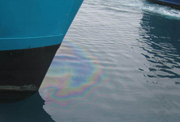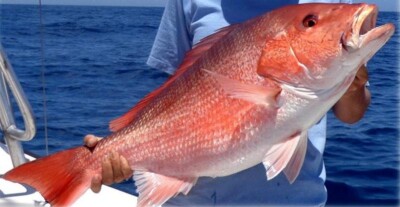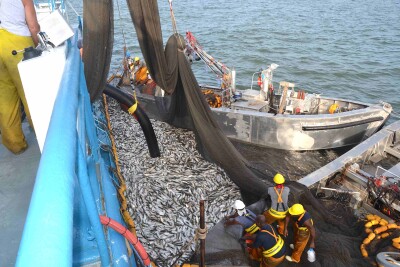Owners of fishing boats less than 79 feet will want to keep an eye on a proposed EPA regulation called the small Vessel General Permit (sVGP). If enacted, it would be the first regulation under the Clean Water Act to address discharges incidental to the normal operation of commercial vessels less than 79 feet in length.
Last year Congress renewed the EPA’s Vessel General Permit, which affects boats 79 feet and longer. It’s designed to reduce incidental discharges for boats operating within three miles of the coastline and in the Great Lakes. The sVGP would be a scaled down version of the Vessel General Permit.
A small portion of the Vessel General Permit requires the use of “environmentally acceptable lubricants for all oil-to-sea interfaces, unless technically infeasible” — that affects parts like stern tubes, thrusters and rudder bearings. The idea is to cut down on what the EPA says are “millions of liters of oil being released to the aquatic environment every year.”
Owners of larger boats also have to keep seals and equipment maintained to regulation standards, with fines for noncompliance.
There was a Congressional moratorium on applying permit coverage for incidental discharges to commercial fishing and recreational boats under 79 feet. But at this point, it looks like the moratorium will expire on Dec. 19, 2014.
What that will mean for boats less than 79 feet is unclear, as the potential regulation for the small Vessel General Permit is still in a draft form and hasn’t been released.
Boat operators may be required to use environmentally acceptable lubricants, or EPA may tone down the ruling to a recommendation to use an environmentally acceptable lubricant.
If the ruling requires a change for smaller boats, then operators will be paying about $1,200 for 100 liters of an environmentally acceptable lubricant versus $350 for non-environmentally acceptable lubricants. They would probably also have to change the oil-to-sea seals.
The ruling is likely to include something about engine oil control, fish-hold effluent and fuel management. Though these will probably be a list of suggested best management practices.
Owners of smaller boats can save themselves some surprises by inquiring at their local EPA offices about the small Vessel General Permit now, rather than waiting for the final rule to be handed down.
Photo: USCG







